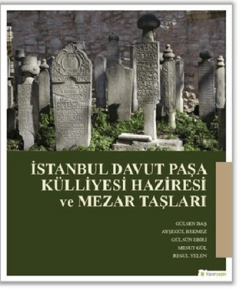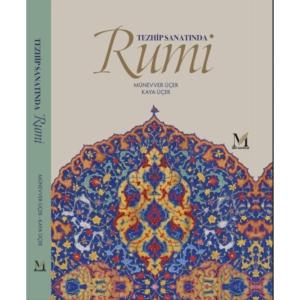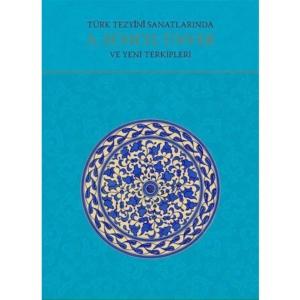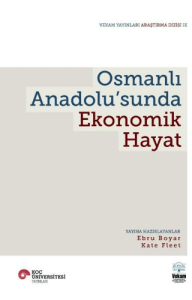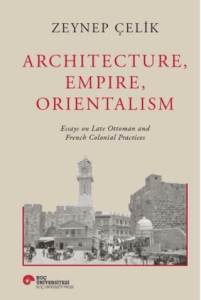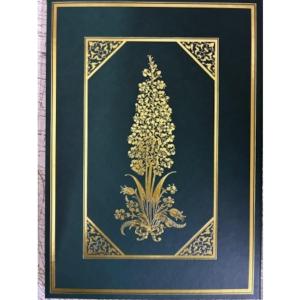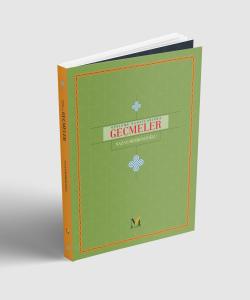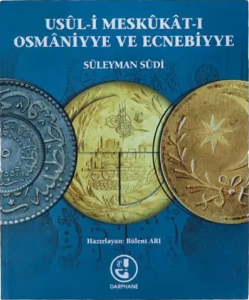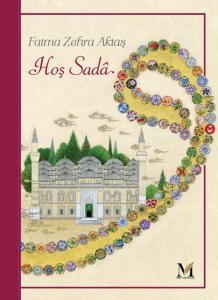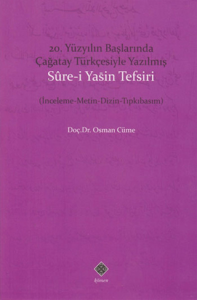9786059022446
222265
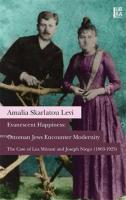
https://www.sahafium.com/kitap/evanescent-happiness-ottoman-jews-encounter-modernity-p222265.html
Evanescent Happiness: Ottoman Jews Encounter Modernity The Case of Lea Mitrani and Joseph Niego (1863-1923)
0.00
This book aims to be a collective biography of Joseph Niego and Lea Mitrani, two Ottoman Jews, whose lives spanned a sixty-year period of profound changes for Ottoman Jewry. Born in Edirne, Joseph and Lea were educated in the schools of the Alliance Israélite Universelle. Subsequently, they were sent to Paris in order to be trained as teachers and be sent back to help "regenerate" Ottoman Jews through a Western-style education. After their marriage, Joseph was appointed director of the agricultural school "Mikveh Israel," established by the Alliance in the outskirts of Jaffa, where the family would reside for twelve years.
Their time in an agricultural school and contact with Zionism and the Jewish pioneers in late nineteenth-century Palestine would define their lives as a married couple and as Jews in the vortex of modernization and nationalism. While Joseph would thrive professionally, Lea would gradually lose control of her life.
Their time in an agricultural school and contact with Zionism and the Jewish pioneers in late nineteenth-century Palestine would define their lives as a married couple and as Jews in the vortex of modernization and nationalism. While Joseph would thrive professionally, Lea would gradually lose control of her life.
This book aims to be a collective biography of Joseph Niego and Lea Mitrani, two Ottoman Jews, whose lives spanned a sixty-year period of profound changes for Ottoman Jewry. Born in Edirne, Joseph and Lea were educated in the schools of the Alliance Israélite Universelle. Subsequently, they were sent to Paris in order to be trained as teachers and be sent back to help "regenerate" Ottoman Jews through a Western-style education. After their marriage, Joseph was appointed director of the agricultural school "Mikveh Israel," established by the Alliance in the outskirts of Jaffa, where the family would reside for twelve years.
Their time in an agricultural school and contact with Zionism and the Jewish pioneers in late nineteenth-century Palestine would define their lives as a married couple and as Jews in the vortex of modernization and nationalism. While Joseph would thrive professionally, Lea would gradually lose control of her life.
Their time in an agricultural school and contact with Zionism and the Jewish pioneers in late nineteenth-century Palestine would define their lives as a married couple and as Jews in the vortex of modernization and nationalism. While Joseph would thrive professionally, Lea would gradually lose control of her life.


